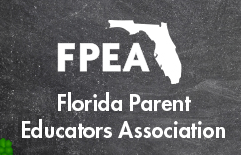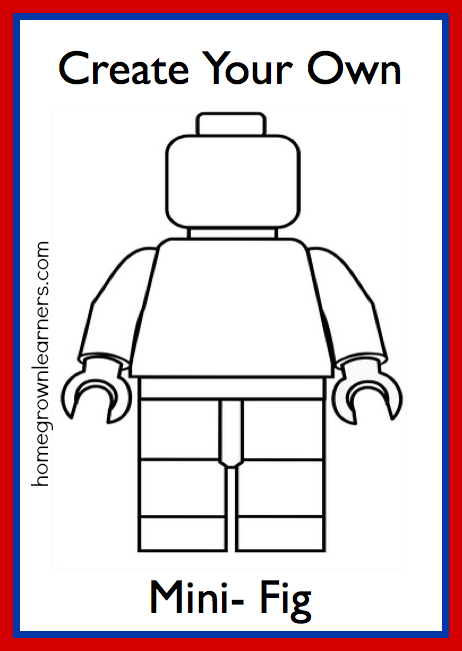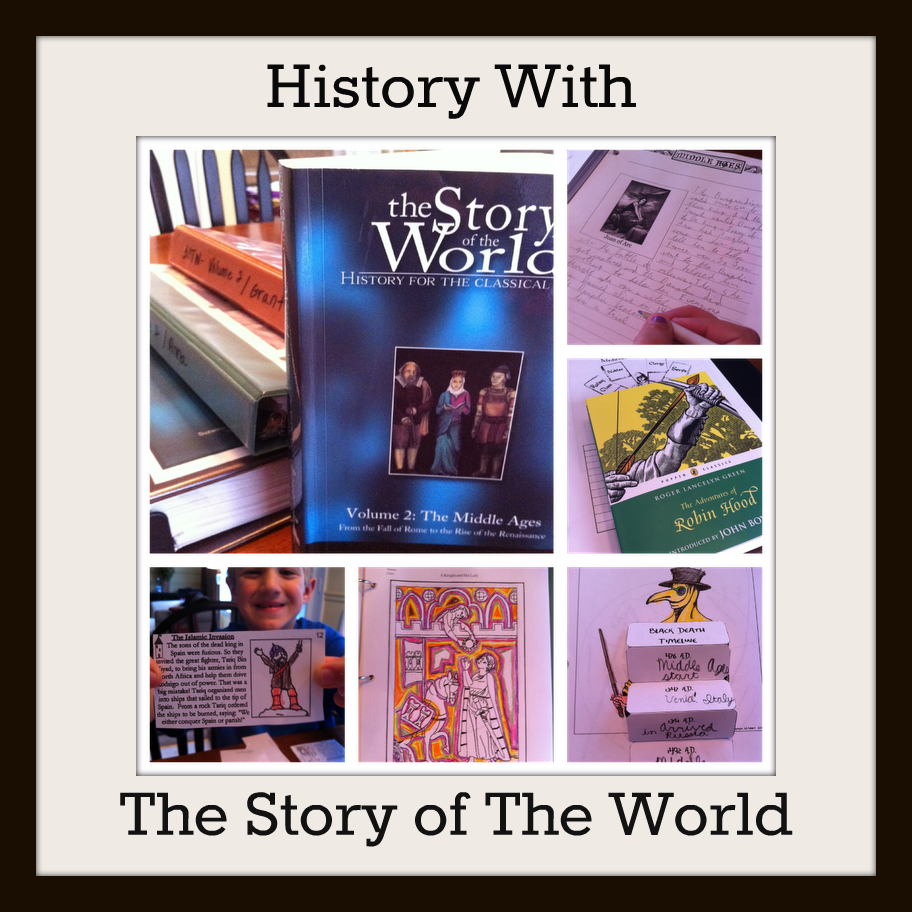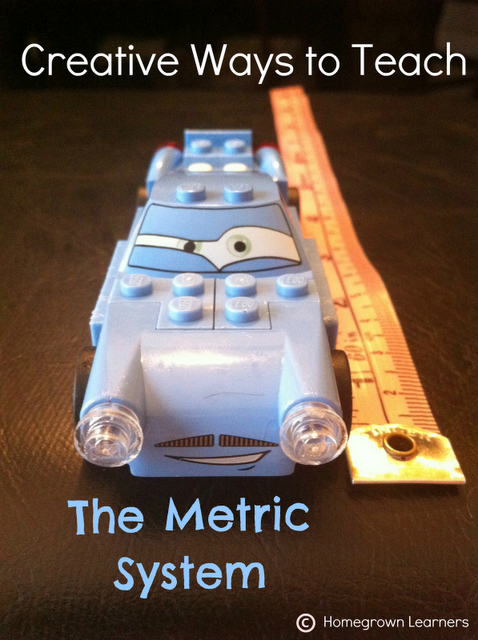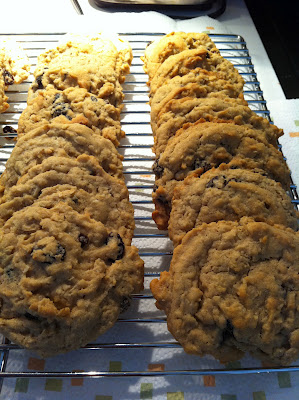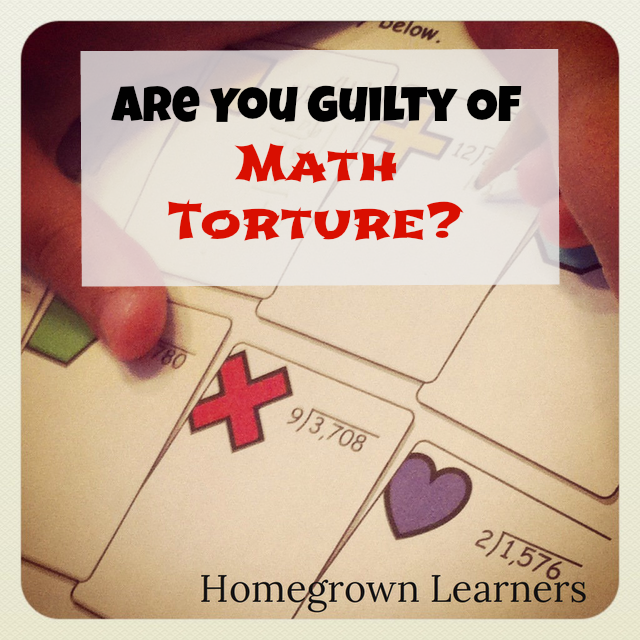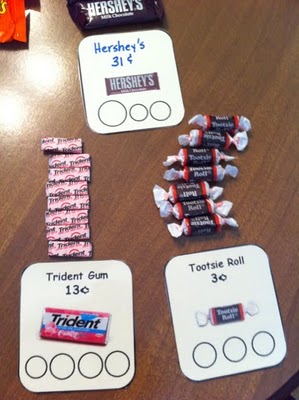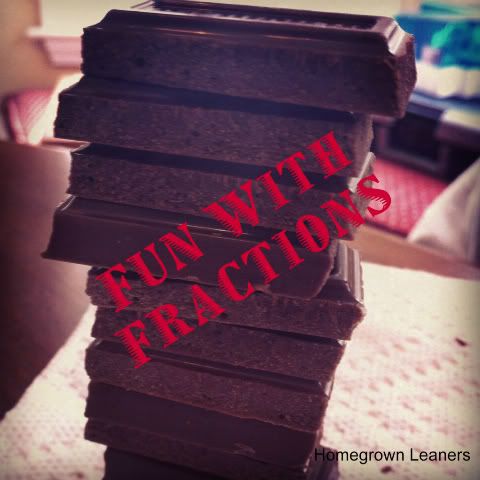Thursday
May242012
5 Creative Way to Teach The Metric System
 Thursday, May 24, 2012 at 5:00AM
Thursday, May 24, 2012 at 5:00AM Both children have been learning about metrics in their math books.
As with everything at this age, I'm not aiming for creating experts in the subject, but a broad understanding of the concept, and - more importantly - a love of math!
We've come up with (quite accidentally, really) fun ways to reinforce what they are learning about the metric system. I want them to understand the units of liters, grams, and meter and how to convert them accordingly.
1. Measure LEGO creations
Use the tape measure to see how many centimeters a LEGO creation is... once my youngest finds that measurement, I have my daughter convert that to millimeters, meters, and so on.
Compare the lengths of different LEGO pieces.
How many centimeters tall is the tallest LEGO tower you can build?
2. Notice metric measurements in everyday life Who knew that a trip to Bath and Body Works would spark a discussion of the Metric System? (GMan was quite excited that he got some "Dragon Blood"!) Hand sanitizer is measured in milliliters - how many liters is that? We also saw a sign at the pool about how far a swim across the Mediterranean Sea would be... we talked about kilometers.
3. Bake! I know, very cliche, but baking has really helped with liquid measurements. I love the glass measuring cups with milliliters on one side and ounces on the other. We have fallen in love with these Oatmeal Raisin Cookies. The website also allows you to convert all of the measurements to metric. We thought that was interesting.
4. Read Math Story Books Our favorite is Millions to Measure. The Metric System (New True Books) also gave us a fantastic overview of The Metric System and why it is important for us to know BOTH systems of measurement.
5. Don't isolate math to "math time"
I've challenged the children to pick out examples of the metric system everywhere we go. It's a kind of game now -- and I love this because they are applying their learning to LIFE!
And.... how cool is this? My daughter just learned to crochet. She has been making a very long chain. We're measuring how many METERS she can crochet.
Have your children learned about The Metric System? What was your favorite resource for teaching?

 tagged
tagged  math
math 









